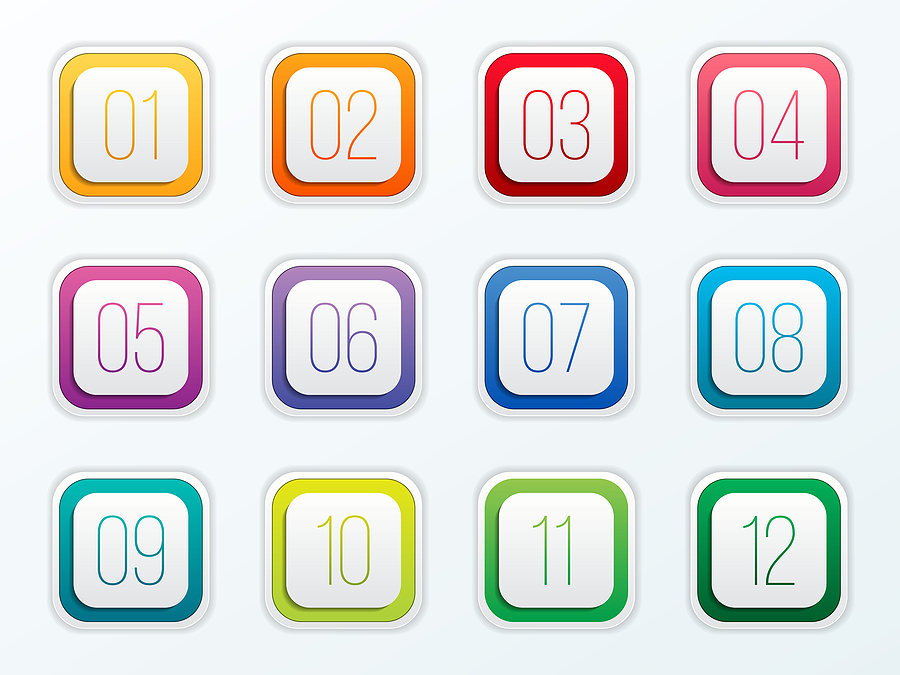The ease of today’s communication brings a casual layer to the task of writing. Careful composition is a casualty of the need for speed. “Throw-away” emails and posts are the new “quick call.” However, it should never leak into the business of writing, either in craft or in professional communication.
The other day I received an email query. There was a very large file attached and the body of the email read, “Here is my book. Please take a look.” No signature line and no subject line. Only these two sentences. At least it rhymed. This was not a friend, a client, or someone I had ever met. The casual, even flippant, nature of the note all but said, “I’m not serious about the craft or business of writing.”
The best writers are those who take their ideas and their words and run them through a gauntlet of critique and reformation. They pour their words into a garlic press and slice and dice them into bits that can flavor their entire book.
This takes time. This takes hard work. And it is a process that seems endless.
You writers out there know what I’m talking about. It is the middle part of the project that is the worst. It becomes a slog instead of a joy. You no longer like the story, you no longer think your book idea is a good one after all. If you are writing a novel, you might be wishing for the demise of your main character; it would be so much easier to have that character croak so you could write “the end” and be done with it.
But diligence has its reward. A finely crafted book can bring hope to those who are hurting. A well-told story can take a reader to a place they’ve never been before. As one writer said, “A book is a place where you can consider an explosive idea without fear of it going off in your face.”
Those words you struggle to express will be a gift for someone who is struggling to express their own.
So as you wrestle with your writing demons, remember the word “diligence.” Write it on a Post-it note and place where you will see it regularly.
Samuel Johnson wrote, “What we hope ever to do with ease, we must first learn to do with diligence.”
Second Peter 1:5-7 says, “But also for this very reason, giving all diligence, add to your faith virtue, to virtue knowledge, to knowledge self-control, to self-control perseverance, to perseverance godliness, to godliness brotherly kindness, and to brotherly kindness love.”











